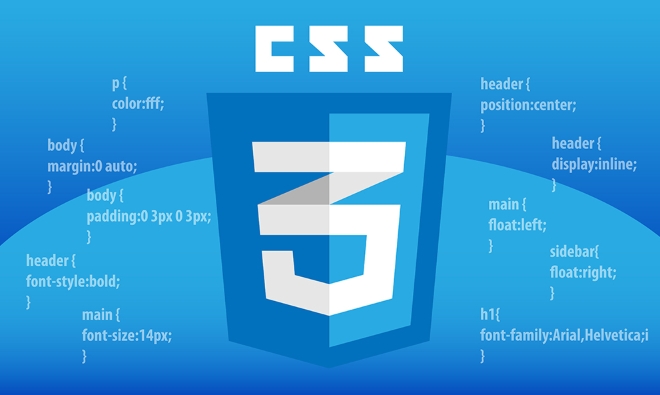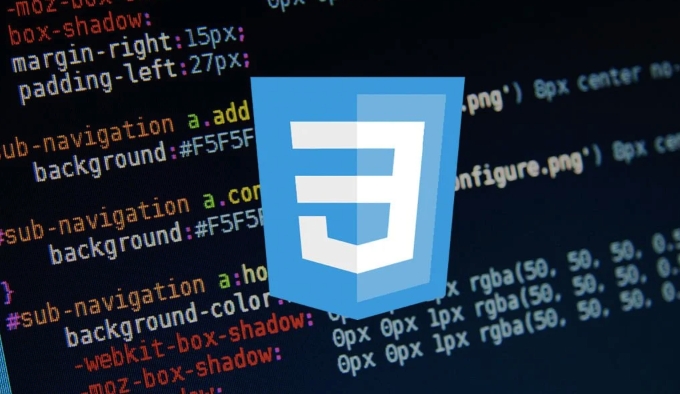To build a timeline layout using HTML and CSS, start with semantic HTML structure, add visual flow with vertical line and dots, style each item for readability, apply responsive tweaks, and ensure cross-device compatibility. Begin by creating a container div with multiple timeline items, each containing a date and content section. Use CSS positioning to create a central vertical line and circular markers for events. Style dates and content with fonts and spacing, optionally alternate item sides using nth-child selectors. Optimize for mobile by adjusting padding, margins, and font sizes within media queries, ensuring the layout remains clean and functional across all devices.

Timeline layouts are a clean and visual way to present events, tasks, or processes in chronological order. Whether you're building a project roadmap, a history page, or a personal portfolio timeline, using just HTML and CSS can get the job done nicely — no JavaScript required.

Here’s how to build a simple yet flexible timeline layout with CSS.

Basic structure: Use semantic HTML
Start with a container for your timeline and add items inside it. Each item represents a point on the timeline.
<div class="timeline">
<div class="timeline-item">
<div class="timeline-date">2021</div>
<div class="timeline-content">
<h3>Started Learning Web Development</h3>
<p>Learned HTML, CSS, and basic JavaScript.</p>
</div>
</div>
<div class="timeline-item">
<div class="timeline-date">2022</div>
<div class="timeline-content">
<h3>Built First Real Project</h3>
<p>A responsive blog using static HTML and CSS.</p>
</div>
</div>
</div>This gives us a clear structure to style. The .timeline holds all the items, each of which has a date and content section.

Vertical line and dots: Add visual flow
A timeline usually has a central vertical line with markers (dots or icons) indicating each event.
Use CSS positioning to place the line and markers:
.timeline {
position: relative;
padding-left: 20px;
}
.timeline::before {
content: '';
position: absolute;
left: 5px;
top: 0;
bottom: 0;
width: 2px;
background-color: #ccc;
}
.timeline-item {
margin-bottom: 30px;
position: relative;
}
.timeline-item::after {
content: '';
position: absolute;
left: 3px;
top: 10px;
width: 10px;
height: 10px;
background-color: white;
border: 2px solid #333;
border-radius: 50%;
}You now have a vertical line running down the left side and small circles marking each event. This helps users visually follow the sequence.
Styling each item: Make it readable and attractive
Each item should be easy to scan. You can separate the date from the content and apply light spacing and colors.
.timeline-date {
font-weight: bold;
color: #555;
margin-bottom: 5px;
}
.timeline-content h3 {
margin: 0 0 5px;
font-size: 1rem;
}
.timeline-content p {
margin: 0;
font-size: 0.9rem;
color: #444;
}If you want to alternate the side of the content (left/right), you can use nth-child(odd) and nth-child(even) selectors to shift items back and forth. Just remember to adjust the padding and margins accordingly.
Responsive tweaks: Keep it mobile-friendly
Timelines can get cramped on smaller screens. A good fix is to stack everything vertically and remove the alternating sides on mobile.
@media (max-width: 600px) {
.timeline {
padding-left: 15px;
}
.timeline-item {
margin-bottom: 20px;
}
}Also consider reducing font sizes slightly and increasing touch targets if needed.
That’s basically it. With some basic HTML and a few lines of CSS, you’ve got a working timeline layout that looks clean and works well across devices. It's not complicated, but getting the spacing and alignment right makes a big difference in how professional it feels.
The above is the detailed content of CSS tutorial on creating a timeline layout. For more information, please follow other related articles on the PHP Chinese website!

Hot AI Tools

Undress AI Tool
Undress images for free

Undresser.AI Undress
AI-powered app for creating realistic nude photos

AI Clothes Remover
Online AI tool for removing clothes from photos.

Clothoff.io
AI clothes remover

Video Face Swap
Swap faces in any video effortlessly with our completely free AI face swap tool!

Hot Article

Hot Tools

Notepad++7.3.1
Easy-to-use and free code editor

SublimeText3 Chinese version
Chinese version, very easy to use

Zend Studio 13.0.1
Powerful PHP integrated development environment

Dreamweaver CS6
Visual web development tools

SublimeText3 Mac version
God-level code editing software (SublimeText3)

Hot Topics
 How can I include CSS only on some pages?
Jun 11, 2025 am 12:01 AM
How can I include CSS only on some pages?
Jun 11, 2025 am 12:01 AM
There are three ways to selectively include CSS on a specific page: 1. Inline CSS, suitable for pages that are not frequently accessed or require unique styles; 2. Load external CSS files using JavaScript conditions, suitable for situations where flexibility is required; 3. Containment on the server side, suitable for scenarios using server-side languages. This approach can optimize website performance and maintainability, but requires balance of modularity and performance.
 Flexbox vs Grid: Understanding the Key Differences in CSS Layout
Jun 10, 2025 am 12:03 AM
Flexbox vs Grid: Understanding the Key Differences in CSS Layout
Jun 10, 2025 am 12:03 AM
Flexboxisidealforone-dimensionallayouts,whileGridsuitstwo-dimensional,complexlayouts.UseFlexboxforaligningitemsinasingleaxisandGridforprecisecontroloverrowsandcolumnsinintricatedesigns.
 Creating an Auto-Closing Notification With an HTML Popover
Jun 10, 2025 am 09:45 AM
Creating an Auto-Closing Notification With an HTML Popover
Jun 10, 2025 am 09:45 AM
The HTML popover attribute transforms elements into top-layer elements that can be opened and closed with a button or JavaScript. Popovers can be dismissed a number of ways, but there is no option to auto-close them. Preethi has a technique you can u
 What is 'render-blocking CSS'?
Jun 24, 2025 am 12:42 AM
What is 'render-blocking CSS'?
Jun 24, 2025 am 12:42 AM
CSS blocks page rendering because browsers view inline and external CSS as key resources by default, especially with imported stylesheets, header large amounts of inline CSS, and unoptimized media query styles. 1. Extract critical CSS and embed it into HTML; 2. Delay loading non-critical CSS through JavaScript; 3. Use media attributes to optimize loading such as print styles; 4. Compress and merge CSS to reduce requests. It is recommended to use tools to extract key CSS, combine rel="preload" asynchronous loading, and use media delayed loading reasonably to avoid excessive splitting and complex script control.
 How to use Lotties in Figma
Jun 14, 2025 am 10:17 AM
How to use Lotties in Figma
Jun 14, 2025 am 10:17 AM
In the following tutorial, I will show you how to create Lottie animations in Figma. We'll use two colorful designs to exmplify how you can animate in Figma, and then I'll show you how to go from Figma to Lottie animations. All you need is a free Fig
 Breaking Boundaries: Building a Tangram Puzzle With (S)CSS
Jun 13, 2025 am 11:33 AM
Breaking Boundaries: Building a Tangram Puzzle With (S)CSS
Jun 13, 2025 am 11:33 AM
We put it to the test and it turns out Sass can replace JavaScript, at least when it comes to low-level logic and puzzle behavior. With nothing but maps, mixins, functions, and a whole lot of math, we managed to bring our Tangram puzzle to life, no J
 External vs. Internal CSS: What's the Best Approach?
Jun 20, 2025 am 12:45 AM
External vs. Internal CSS: What's the Best Approach?
Jun 20, 2025 am 12:45 AM
ThebestapproachforCSSdependsontheproject'sspecificneeds.Forlargerprojects,externalCSSisbetterduetomaintainabilityandreusability;forsmallerprojectsorsingle-pageapplications,internalCSSmightbemoresuitable.It'scrucialtobalanceprojectsize,performanceneed
 Does my CSS must be on lower case?
Jun 19, 2025 am 12:29 AM
Does my CSS must be on lower case?
Jun 19, 2025 am 12:29 AM
No,CSSdoesnothavetobeinlowercase.However,usinglowercaseisrecommendedfor:1)Consistencyandreadability,2)Avoidingerrorsinrelatedtechnologies,3)Potentialperformancebenefits,and4)Improvedcollaborationwithinteams.






